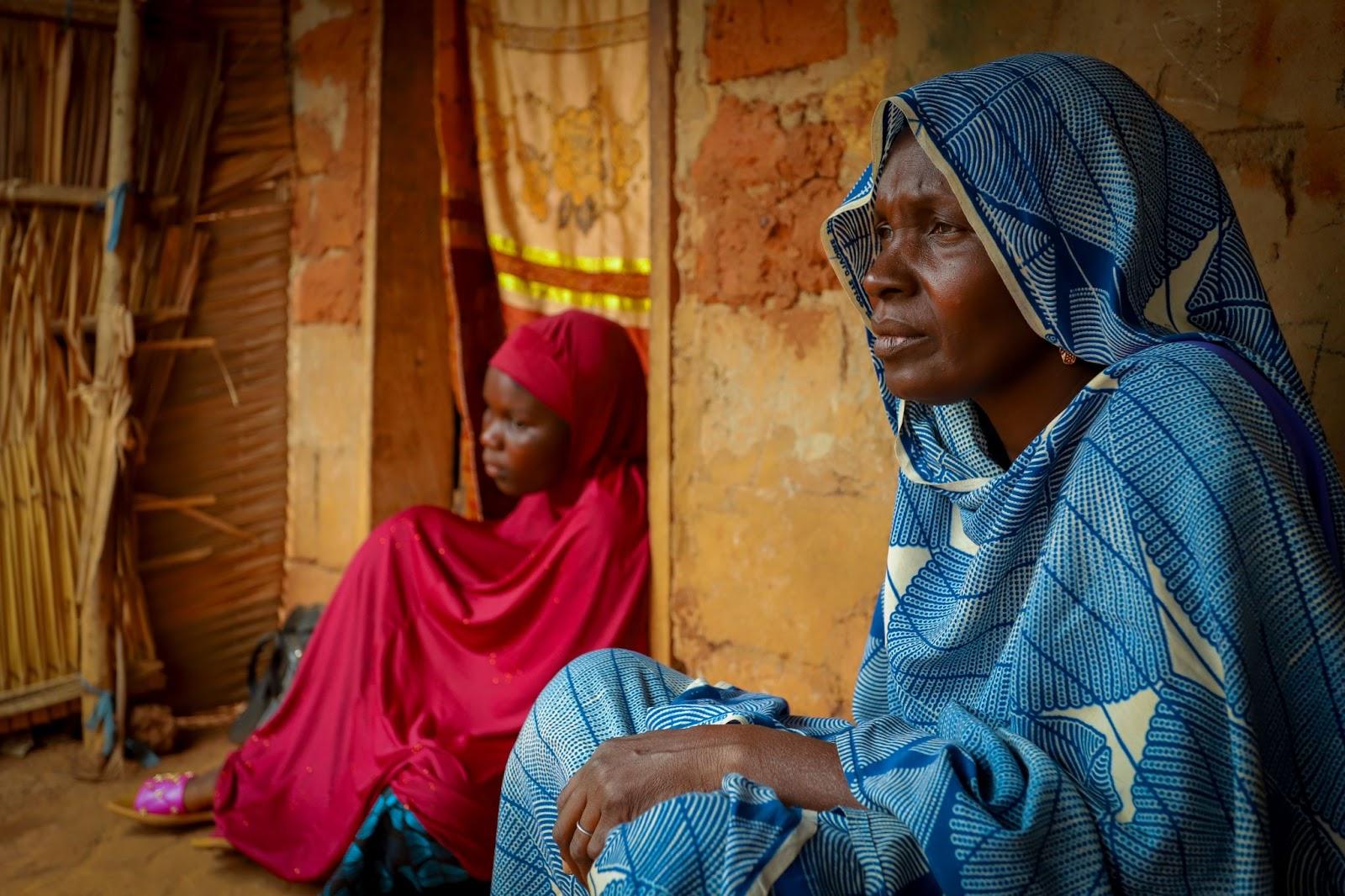Cameroon is facing the world’s most neglected displacement crisis, according to a recent report by the Norwegian Refugee Council (NRC). The growing humanitarian emergency is worsened by insufficient funding, limited media attention, and a lack of effective international engagement.
The NRC’s Neglected Displacement Crises Report ranks crises based on three core criteria: humanitarian funding shortfalls, minimal media coverage, and inadequate political efforts to resolve conflicts. Cameroon, already prominently in past editions, now leads the list, underscoring the worsening plight of displaced communities.
Globally, displacement caused by conflict or disaster has doubled over the past decade, with 2024 marking a peak in numbers. Cameroon has endured multiple crises over the last ten years, each displacing thousands across the country.
The ongoing Anglophone crisis in the North West and South West regions, where separatist groups have clashed with government forces since 2016, has resulted in thousands of deaths and displacements, causing school closures.
In the Far North, insurgencies by Boko Haram and ISWAP terrorists have ravaged the Lake Chad Basin since 2014, creating a severe humanitarian emergency. Meanwhile, violent instability spilling over from the Central African Republic, along with ethno-political tensions over resources along the border with Chad, has further destabilised the region.
Despite the severity of these crises, international diplomatic engagement and financial assistance remain minimal. The NRC states that Cameroon’s 2024 humanitarian response plan is only 45 per cent funded, leaving a gap of $202.8 million needed to address urgent needs.
“Adequate funding is essential,” said Jan Egeland, Secretary General of NRC, in the statement. “But funding alone cannot halt the suffering. Without effective conflict resolution, disaster prevention and diplomatic engagement, these protracted crises will go on and on. More people will be displaced, and more lives will be shattered.”
The NRC annually highlights the ten most overlooked displacement crises worldwide, shining a spotlight on communities suffering in silence. Alongside Cameroon, the 2024 list includes Ethiopia, Mozambique, Burkina Faso, Mali, Uganda, Iran, DR Congo, Honduras, and Somalia.
Refugees from neighbouring countries now living in Cameroon speak of deliberate neglect. Djeinabou, a 32-year-old Central African Republic refugee, says: “Life is very difficult at times, and we get by with a little farming and working in small businesses to try and find enough to eat. We worry about the future of our children. They need to go to school. We have been forgotten here in Cameroon, and it’s very difficult for us to even think about the future of our families.”
Globally, humanitarian funding shortfalls are growing. The report reveals a $25.3 billion gap in 2024, with more than half of the required aid unmet. This comes as global military spending hits record highs, raising serious questions about donor priorities.
Egeland condemned the trend: “International solidarity is being overtaken by increasingly introverted and nationalistic policies in previously generous donor nations. This is deepening the neglect of people affected by crisis and displacement at a time when a record number of people have been forced from their homes.”
Several donor countries, including the United States, the United Kingdom, France, Germany, and Belgium, have slashed foreign aid budgets, further restricting resources available to address crises like Cameroon’s.
The NRC insists that displacement is not a distant problem but a shared global responsibility. The report calls urgently for a reversal of brutal aid cuts, warning that continued neglect will cost more lives.
“It is critical that we do not accept donors’ abandonment of aid as a foregone conclusion. Displacement isn’t a distant crisis: it’s a shared responsibility. We must stand up and demand a reversal of brutal aid cuts which are costing more lives by the day,” Egeland urged.
Without swift intervention, the suffering of displaced communities in Cameroon and beyond will continue, and international neglect will only worsen their conditions.
Cameroon faces the world’s most neglected displacement crisis, as highlighted in a report by the Norwegian Refugee Council (NRC). The country’s humanitarian emergency is exacerbated by inadequate funding, minimal media coverage, and insufficient international diplomatic engagement. The ongoing Anglophone crisis, alongside Boko Haram insurgencies and instability from neighboring countries, has severely displaced thousands, with Cameroon’s 2024 humanitarian response plan only 45 percent funded, leaving a $202.8 million gap.
International attention to displacement crises like Cameroon’s is essential but lacking, as evidenced by a $25.3 billion global humanitarian aid shortfall. Many donor countries, traditionally generous with aid, have cut foreign aid budgets, increasing the neglect of affected communities. The NRC urges for immediate reversal of aid cuts, emphasizing that displacement is a global responsibility, and without intervention, the plight of these communities will worsen.
